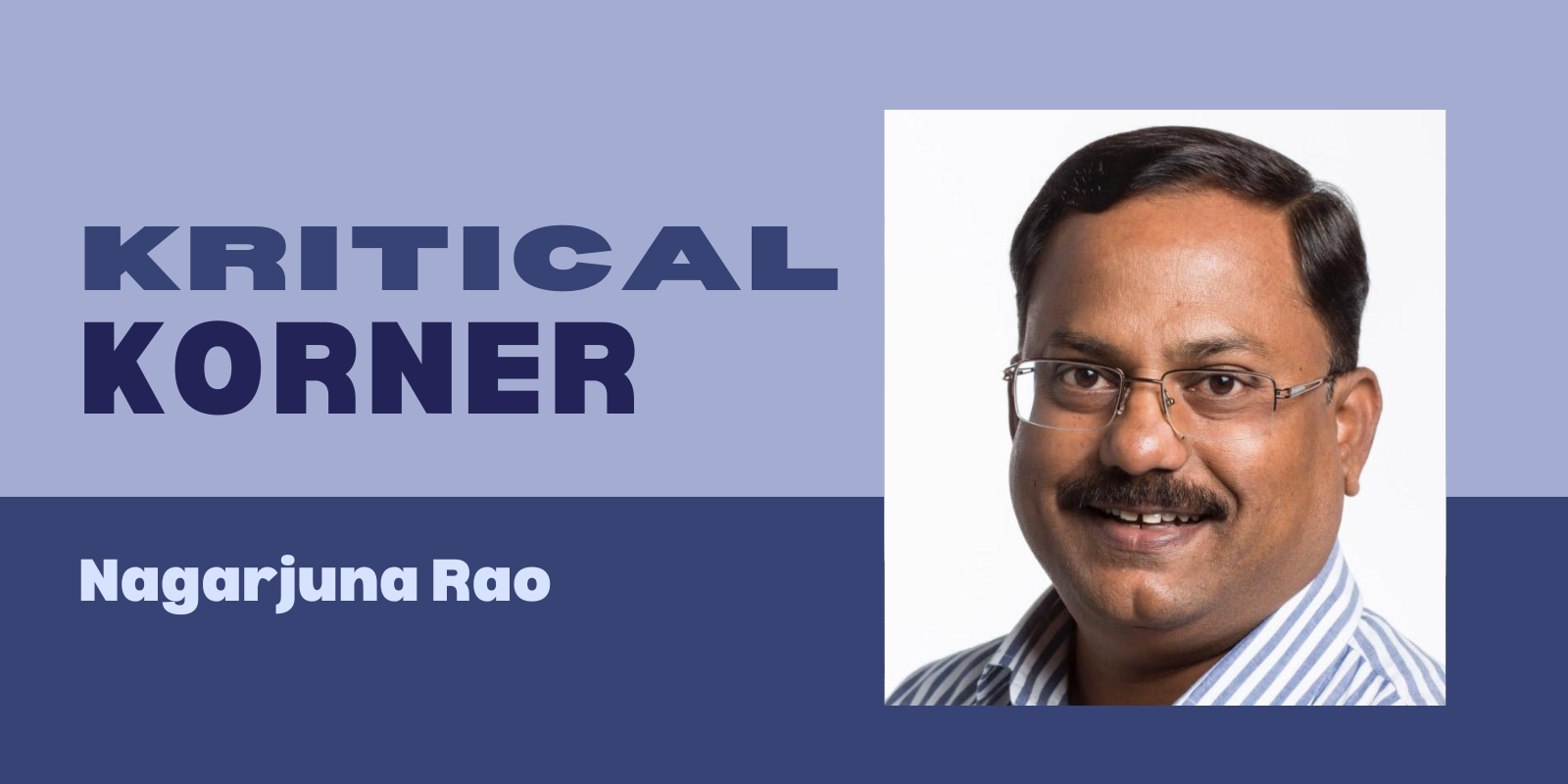If the buzz is to be believed, Dr Shashi Tharoor might soon ascend to that most ceremonial of constitutional peaks, the Vice Presidency. A promotion, yes. A betrayal, perhaps. A linguistic hazard? Most definitely.
Point of order lost in translation
Picture this: Tharoor, resplendent in his trademark bandhgala and vocabulary, takes the Rajya Sabha Chair. The Opposition rises to move a point of order – and sits down two minutes later, cross-eyed and googling ‘floccinaucinihilipilification’ [or ‘puerile’ that still confounds] on trembling smartphones. The chairman has spoken, and nobody knows what he said – least of all, the person who objected.
The chairman does not speak; he exhorts
For those unfamiliar with the potential linguistic apocalypse, Dr Tharoor is not one to ‘say’ anything. He articulates, exhorts, perorates, and occasionally pontificates. In his lexicon, simple terms are but proletarian distractions. Why say ‘useless’ when ‘otiose’ is more elegant? Why use ‘minor error’ when ‘an egregious misapprehension of parliamentary protocol’ will do?
The dictionary becomes a weapon
Across the aisle, dictionaries are being passed like cake. The Congress benches are armed with Oxford or Cambridge dictionaries, the DMK has subscribed en masse to Tharoor’s Word of the Day, and an enterprising MP from Telangana has proposed a subsidy for Parliament-grade lexicon scanners – a Make in India initiative.
‘Did he agree with me?’

Not to be outdone, a BJP MP mutters, ‘We need simultaneous translation – not from Hindi to English, but from Tharoorian to human’.
Meanwhile, AI voice assistants in the House go into meltdown: ‘I am sorry, I did not understand that sentence. Did you mean ‘adjourn’, ‘admonish’, or ‘abracadabra’?”
Confused into civility
Of course, decorum in the House might inadvertently improve. Who would dare disrupt proceedings when they cannot decipher if they are being complimented or censured? Members known for vocal protest may find themselves paralysed by indecision – not because they have lost the will to argue, but because they need time to decode.
Language lab on live TV
Not all would suffer, however. Students and the younger generation could be the surprise beneficiaries of this lexical revolution. Just tuning into Rajya Sabha TV during a live session could be more enriching than a year of coaching centre drudgery. Watching Dr Tharoor in action might do more for one’s vocabulary and debating finesse than most structured syllabi ever could. One well-phrased adjournment could spark a thousand GRE aspirations.
Once elected, will Vice President Tharoor issue standing instructions to the Secretariat: all points of order must be raised in at least three languages, and one must be Latin.
His acceptance speech would be like: ‘I am deeply honoured to accept the constitutional elevation to the Vice Presidency of our great Republic – a role both ceremonially distinguished and substantively consequential. While the position is ostensibly one of decorum and deliberative neutrality, I view it as an opportunity to uphold the sanctity of parliamentary discourse, foster the dialectic spirit of our democracy, and occasionally, with due parliamentary restraint, illuminate obfuscation with the incandescence of elucidation. I am grateful to those across the ideological spectrum who have reposed their trust in my capacity to preside with impartiality, probity, and – dare I say – a modicum of eloquence.’
A lexical coup d’etat?
As the buzz grows louder and speculation thickens – aided, no doubt, by Tharoor’s artfully ambiguous silence – Parliament may soon discover it is easier to count votes than count syllables in his speeches.
Should he accept the vice-president elevation, God bless him! But the real test will not be for Tharoor. It will be for Parliament’s ability to function with thesauruses in hand.
Finally, is this the next phase of India’s political evolution or just a lexical coup d’etat? Either way, the House will never be the same.





